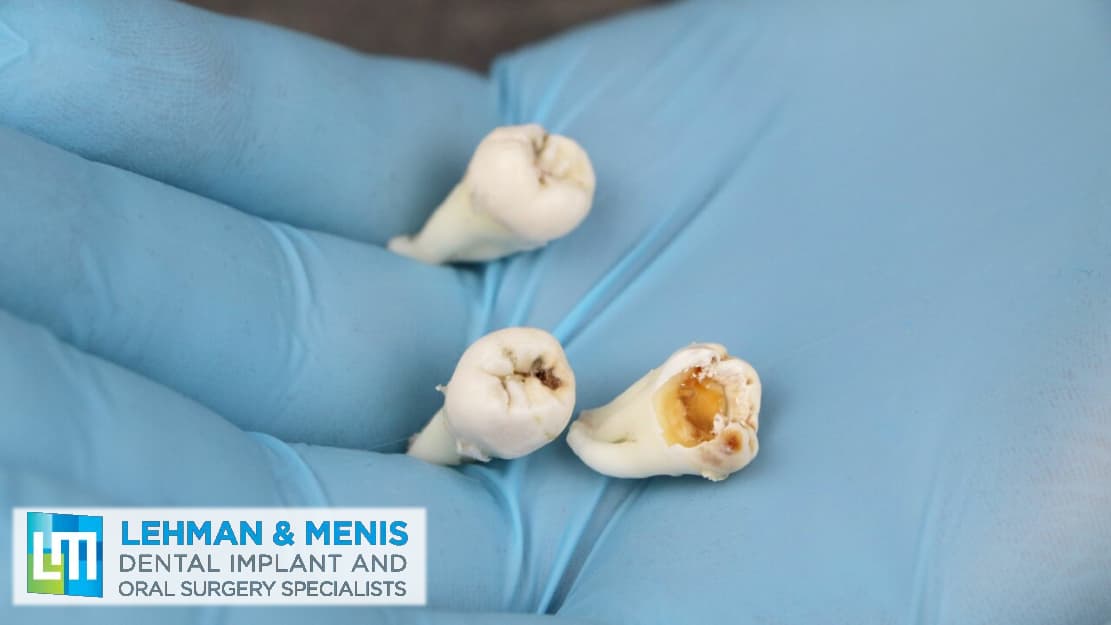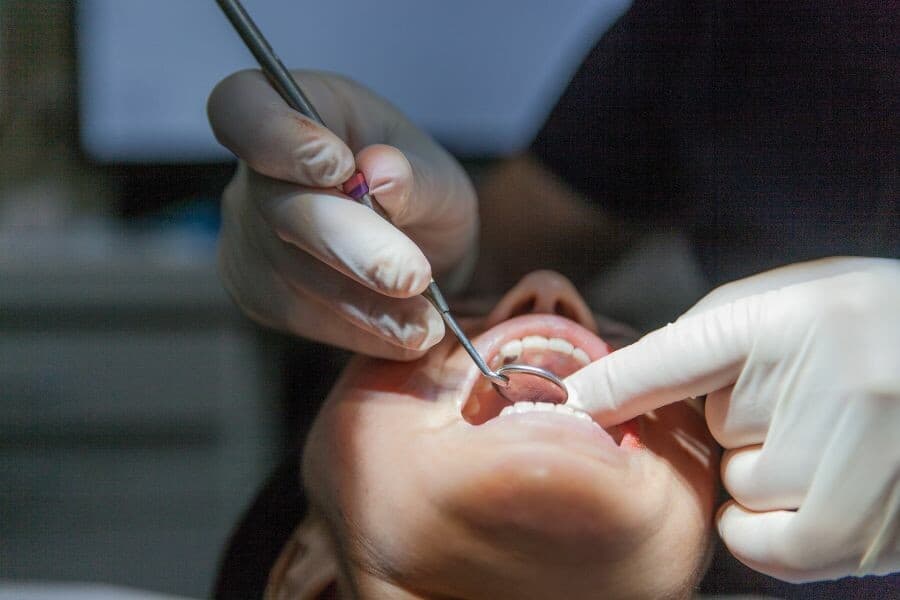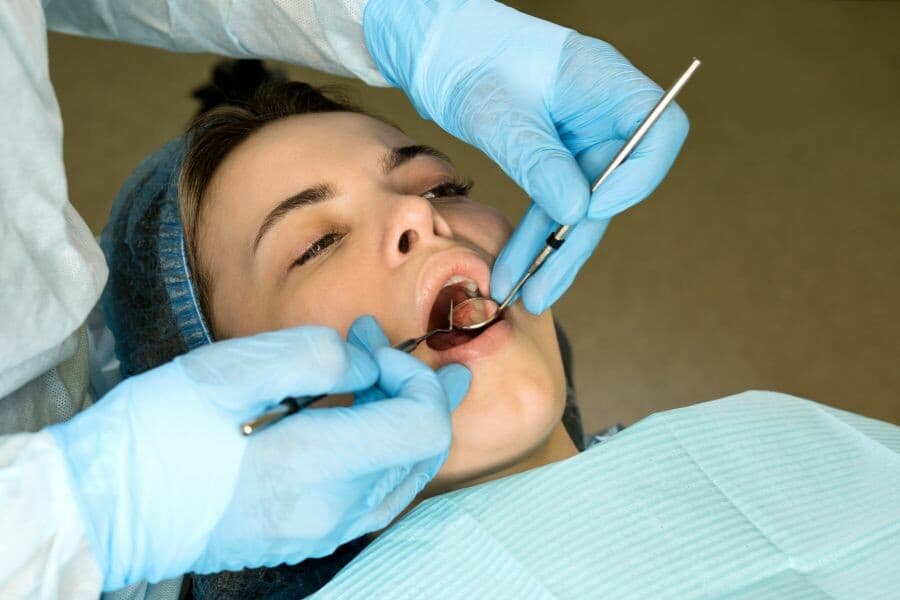
When the time comes to have your wisdom teeth removed, one of the most common concerns among patients involves the use of anesthesia. At Lehman & Menis Dental Implant and Oral Surgery Specialists, we frequently encounter questions about whether patients will be asleep during the procedure. We’re here to guide you through the anesthesia options available, making sure that you have a clear understanding of what to expect during your wisdom teeth removal.
Types of Anesthesia Used in Wisdom Teeth Removal
Local anesthesia is a standard option for many dental procedures, including wisdom teeth removal. It numbs the area around the wisdom teeth, allowing you to stay awake and alert without feeling pain during the surgery. Patients choosing local anesthesia may experience pressure or movement, but the procedure is generally pain-free. The same method of anesthesia is used during a dental filling or root canal.
For patients who may feel anxious about the procedure, sedation anesthesia provides a deeper level of relaxation. Administered through an oral medication, inhaled nitrous oxide (laughing gas), or sedation anesthesia, which allows patients to remain conscious but in a relaxed state. You may have little to no memory of the procedure afterward.
General anesthesia is an option for those who prefer to be completely asleep during their wisdom teeth removal. This method is often recommended for more complex cases or for patients with significant anxiety about surgery. Under general anesthesia, you will sleep through the procedure and wake up once the procedure is over.

What to Expect Before, During, and After Anesthesia for Wisdom Tooth Removal
Preparation and Safety Measures
Choosing the right type of anesthesia for your wisdom teeth removal involves a consultation with your oral surgeon Dr. Lehman or Dr. Menis. They will discuss your medical history, preferences, and address any concerns you may have to ensure a safe and comfortable experience. If sedation or general anesthesia is necessary, fasting for a specific period before the procedure is typically required.
The Day of Your Procedure
On the day of your surgery, it's important to have someone accompany you if you're receiving sedation or general anesthesia, because you will not be able to drive afterward. We recommend wearing comfortable, loose-fitting clothing to your appointment, making it easier for our team to apply monitoring devices.
Wisdom Tooth Extraction Recovery and Aftercare
Recovery from anesthesia varies depending on the type used. Patients who receive local anesthesia may be able to resume normal activities more quickly, while those who undergo sedation or general anesthesia might require more time to recover. For more in-depth details on recovery and after care from wisdom tooth extraction, read our guide below.
Wisdom Teeth Removal Pre-Op & Post-Op Aftercare
Why Choose Lehman & Menis for Your Wisdom Teeth Removal
At Lehman & Menis Dental Implant and Oral Surgery Specialists, our team is equipped with the latest technology and techniques to make your wisdom teeth removal as smooth and comfortable as possible. The high-quality care and comfort provided at Lehman & Menis Dental Implant and Oral Surgery Specialists are shown in our patient reviews. We’re committed to ensuring you feel informed, relaxed, and confident throughout your treatment journey.
Read Our Patient Reviews

Contact Lehman & Menis for Wisdom Teeth Removal in Crystal Lake
Deciding to have your wisdom teeth removed is a significant step toward maintaining your oral health. Understanding your anesthesia options is just as important to ensure a positive experience. Whether you have questions about anesthesia, the procedure itself, or post-operative care, we’re here to provide the answers and reassurance you need.
With Lehman & Menis, your oral health and comfort are our highest priority. Join our community of satisfied patients and see why we're the trusted choice for dental implants in the Crystal Lake area.
Schedule appointment